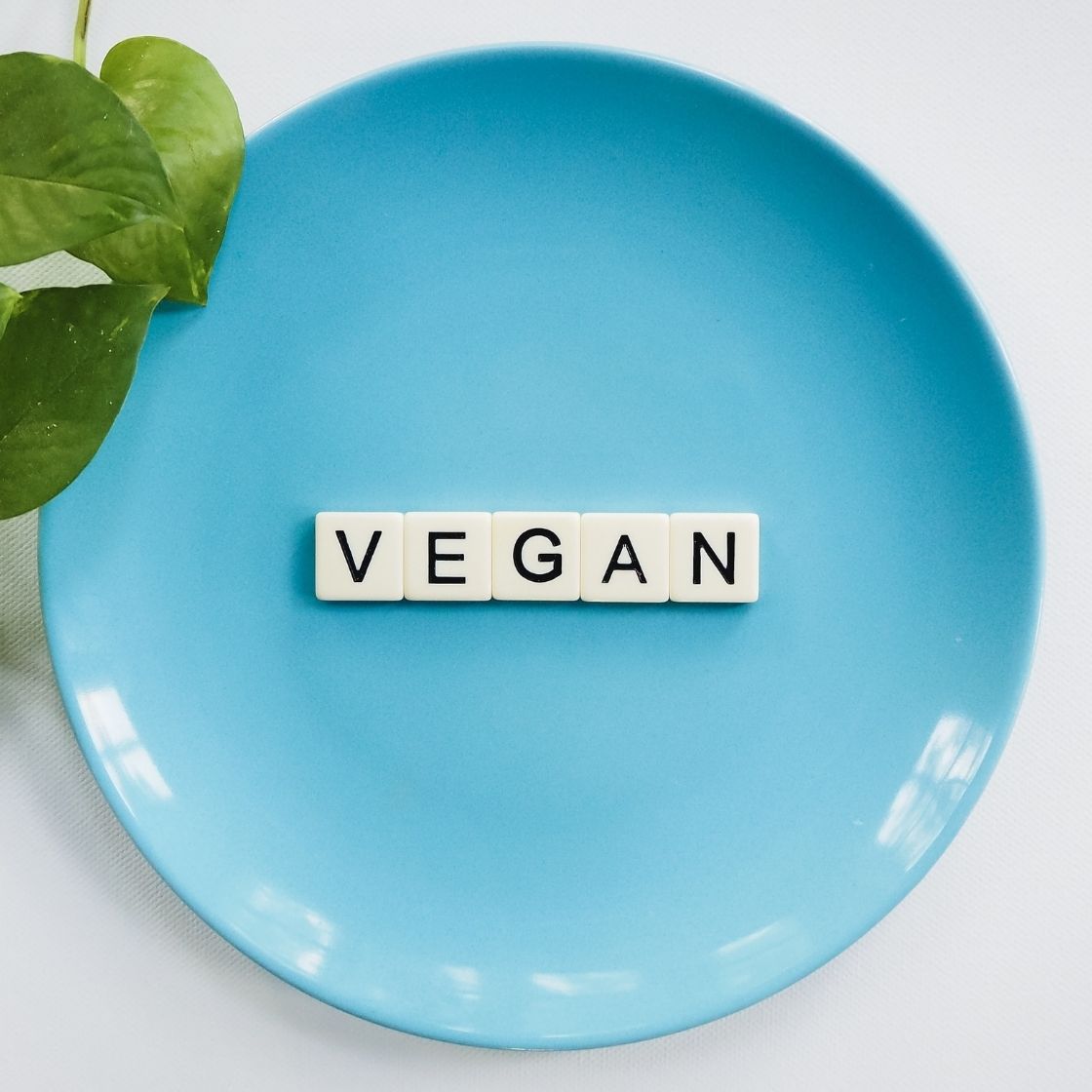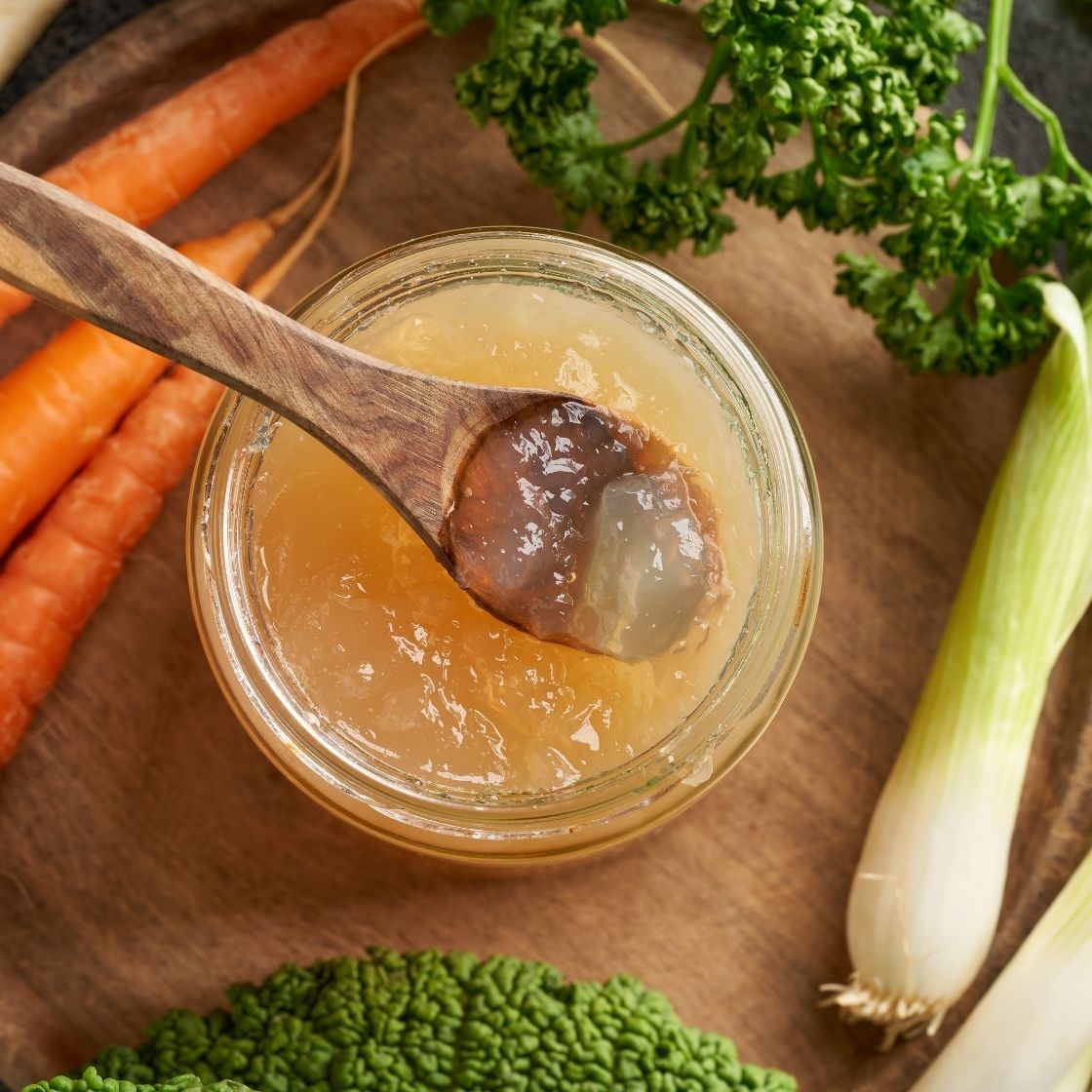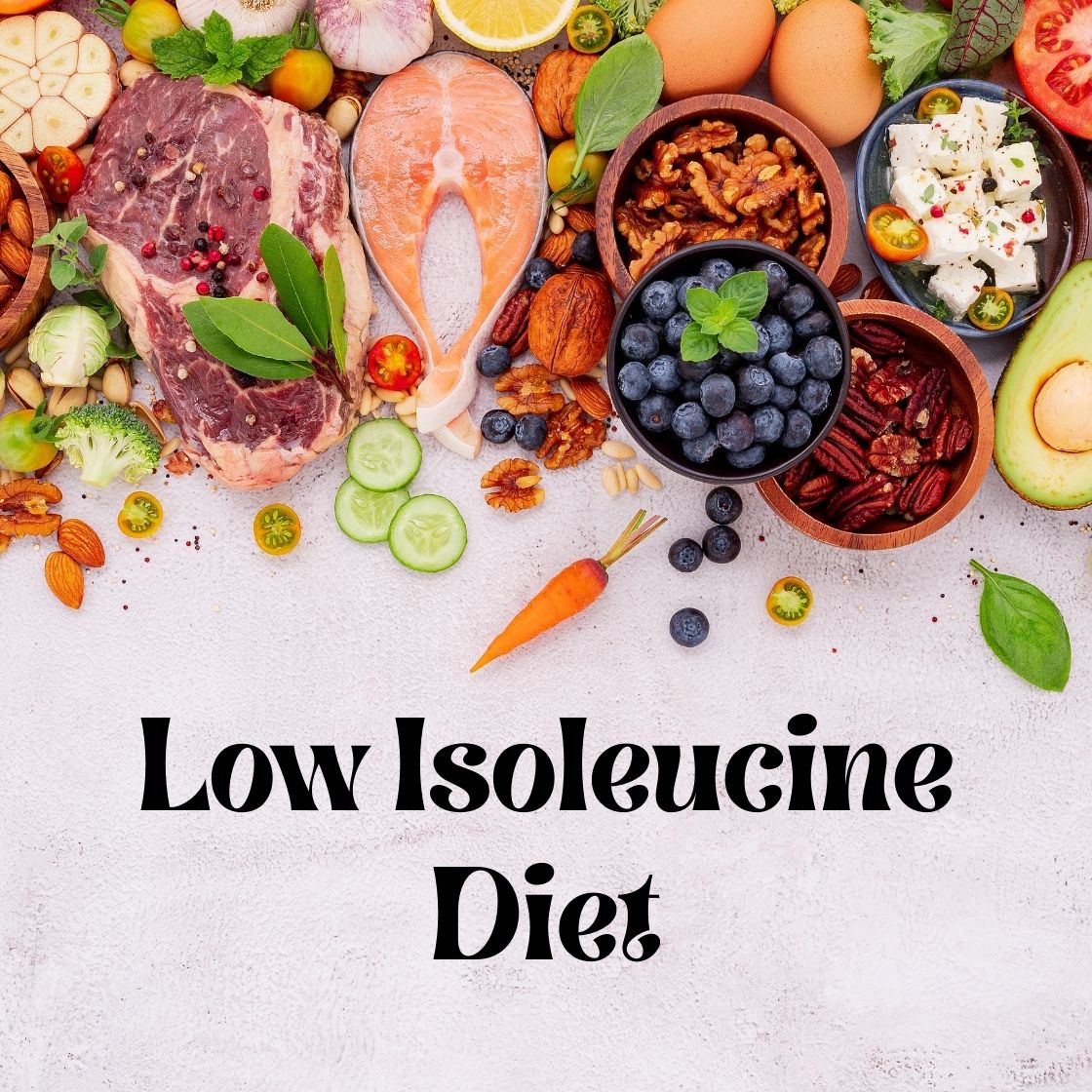
Raw Veganism: A Fresh Path to Health or Just a Trend?
What Is Raw Veganism?
Raw veganism is a dietary lifestyle that combines the principles of veganism with raw foodism. This means consuming plant-based foods that are uncooked or minimally heated—usually under 118°F (48°C)—to preserve natural enzymes and nutrients.
Followers of this lifestyle typically eat:
-
Fresh fruits and vegetables
-
Nuts and seeds
-
Sprouted grains and legumes
-
Cold-pressed oils
-
Dried fruits
-
Seaweeds
Potential Health Benefits of Raw Veganism
🌱 1. Nutrient-Dense Meals
Raw foods are rich in vitamins, minerals, and antioxidants, which may help support immunity, skin health, and cellular repair.
🌿 2. Better Digestion
High fiber intake from fresh produce supports a healthy gut microbiome and may reduce bloating and constipation.
🫀 3. Improved Heart Health
A raw vegan diet is naturally low in saturated fats and cholesterol, potentially lowering the risk of heart disease and high blood pressure.
⚖️ 4. Natural Weight Management
Most raw vegan foods are low in calories but high in volume, which can help with satiety and weight loss goals.
Risks and Considerations
While raw veganism has its benefits, it's not without challenges.
⚠️ 1. Nutritional Deficiencies
Common concerns include deficiencies in:
-
Vitamin B12
-
Vitamin D
-
Iron
-
Calcium
-
Omega-3 fatty acids
Supplementation or careful meal planning is essential.
❄️ 2. Limited Food Choices
Eating raw restricts the variety of food options, making it harder to sustain long-term—especially in colder climates.
🍲 3. Social and Practical Challenges
Dining out or attending social events can become difficult due to limited availability of raw vegan meals.
Is Raw Veganism Right for You?
Raw veganism may offer health improvements, especially in the short term. However, it requires:
-
Careful planning
-
Knowledge of nutrient sources
-
A supportive lifestyle and mindset
Before making any major dietary changes, it's always best to consult with a registered dietitian to ensure your nutritional needs are met.
Final Thoughts
Raw veganism is more than a diet—it's a lifestyle rooted in simplicity and nature. Whether you're considering it for detoxification, ethical reasons, or weight control, understanding both the benefits and risks is key to long-term success.
References
-
Craig, W. J. (2009). Health effects of vegan diets. The American Journal of Clinical Nutrition, 89(5), 1627S–1633S. https://doi.org/10.3945/ajcn.2009.26736N
-
Donaldson, M. S. (2001). Nutrition and cancer: A review of the evidence for an anti-cancer diet. Nutrition Journal, 3(19). https://doi.org/10.1186/1475-2891-3-19
-
Mangels, A. R. (2006). Position of the American Dietetic Association and Dietitians of Canada: Vegetarian diets. Journal of the American Dietetic Association, 106(6), 1026–1041. https://doi.org/10.1016/j.jada.2006.03.014
-
Medawar, E., Huhn, S., Villringer, A., & Witte, A. V. (2019). The effects of plant-based diets on the body and the brain: A systematic review. Translational Psychiatry, 9(1), 226. https://doi.org/10.1038/s41398-019-0552-0
-
National Institutes of Health (NIH). (2021). Vitamin B12 fact sheet for health professionals. https://ods.od.nih.gov/factsheets/VitaminB12-HealthProfessional/



